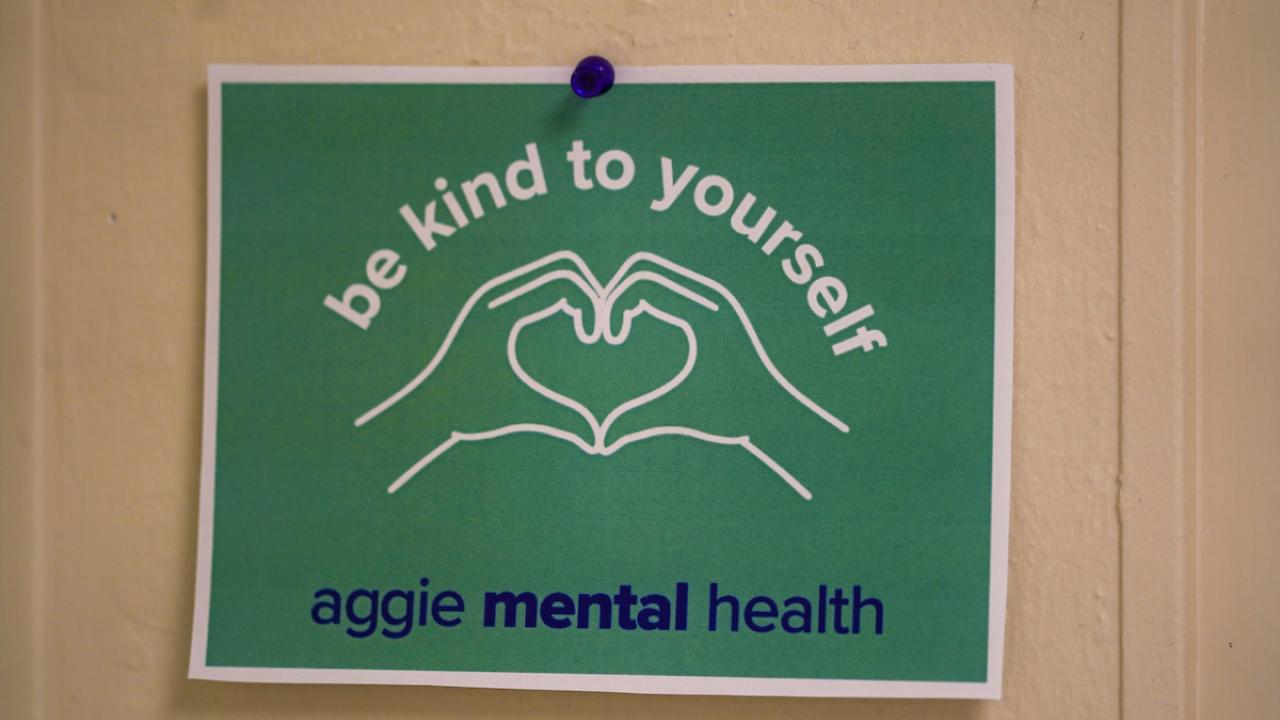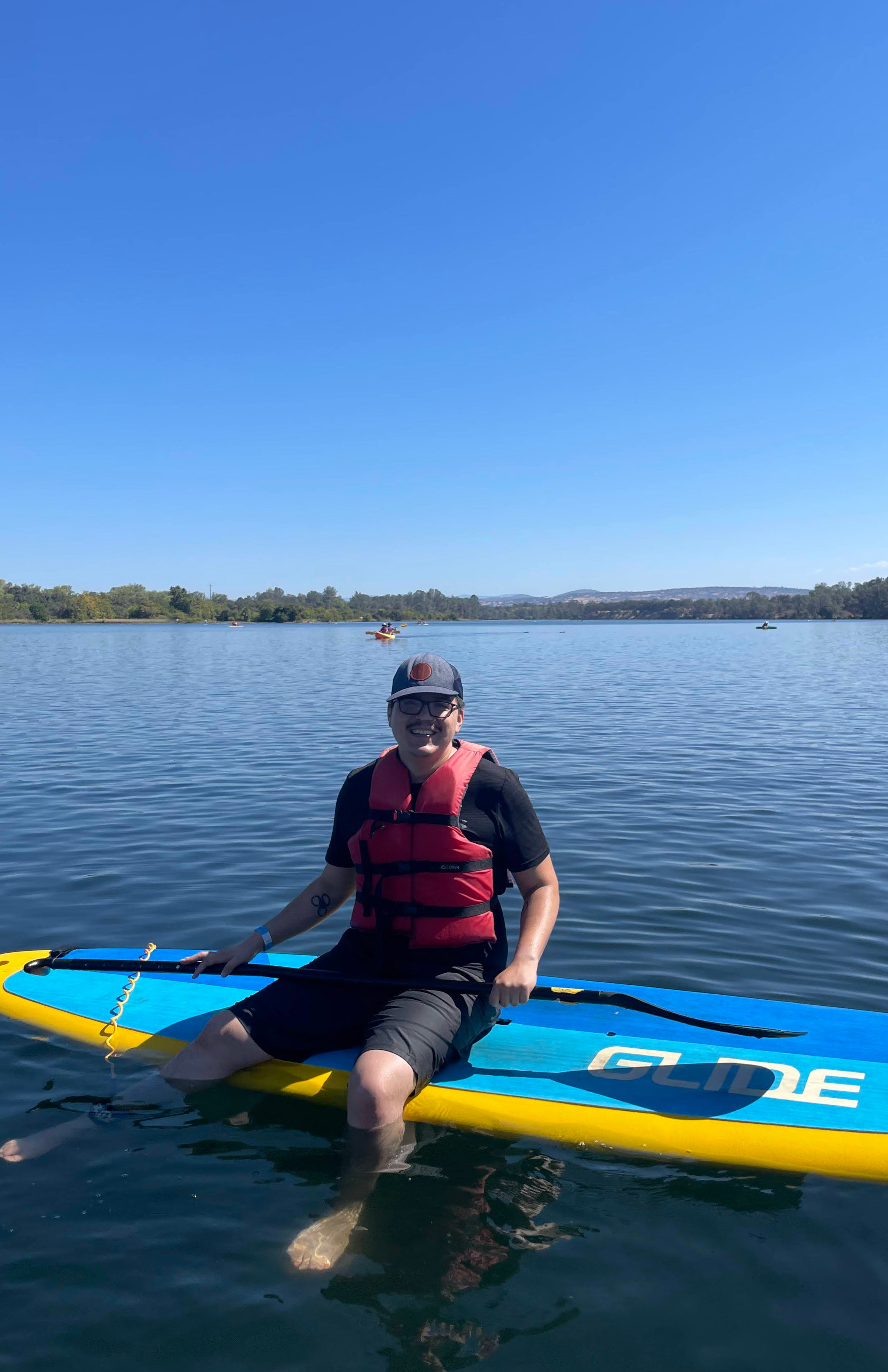
Overcoming Mental Health Challenges to Pursue Graduate School
Overcoming mental health challenges has been a formidable and paradoxically critical part of my path towards becoming a scientist. I vividly recall spending two months in an intensive outpatient program at St. Josephs Hospital, attending daily group therapy sessions to manage my depression. While I had hoped that this period would be enough to regain a sense of normalcy, it became apparent that I needed more time and therapy to heal. It took two more years of doctor appointments and group therapy sessions, but I eventually found a combination of medication and coping skills that allowed me to return to work. Little did I know, this experience would fundamentally change my approach to life and pave the way for my future endeavors.
My battle with untreated mental illness had dire consequences, leading to academically disastrous semesters at community college and, ultimately, my academic dismissal with 0.8 GPA. At my lowest point, I concluded that higher education was not meant for me, and I joined the workforce as a lab technician.

Despite my departure from college, I continued to be interested in science, listening to podcasts to fuel my curiosity until I realized that higher education would be the only place for me to gain the knowledge I craved.
It took me seven years after graduating high school, but through laborious effort to bring my grades up, and the use of coping skills I learned throughout my struggle, I was accepted to transfer to the University of California, Davis. My struggles with depression had given me the tools to pursue my goal of being a research scientist. Paradoxically, all the time I spent struggling had been crucial in making me capable of following my goals and navigating higher education as a first-generation student.
My journey has taught me that overcoming mental health challenges is not an obstacle to success but a transformative experience that can shape one’s future. I haven't completely overcome my mental health struggles. To this day, I continue to face challenges with depression but I have a support network I can lean on and skills to make it easier. I share my story to inspire others who faced or may face similar hurdles, reminding them that with perseverance, and the proper tools and support system, they too can achieve their goals.
And once on the other side, we can create a supportive and inclusive environment that fosters the growth and success of aspiring scientists.
[Editor's note: Arthur definitely is succeeding in grad school. He was awarded an NSF Graduate Research Fellowship and recently learned that the NIH will fund the R21 grant that he conceived, wrote, and submitted with his major professor, Lark Coffey. Congratulations, Arthur! We are so proud of you and awed by your courage and strength.]